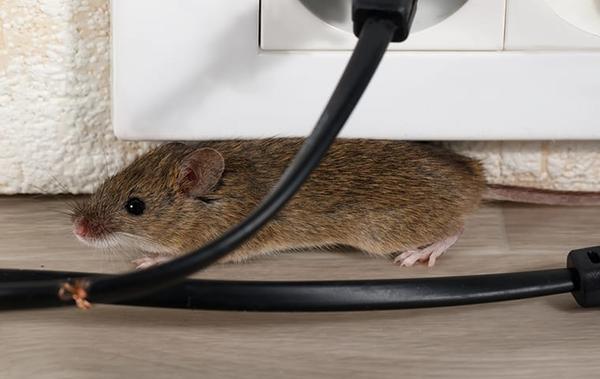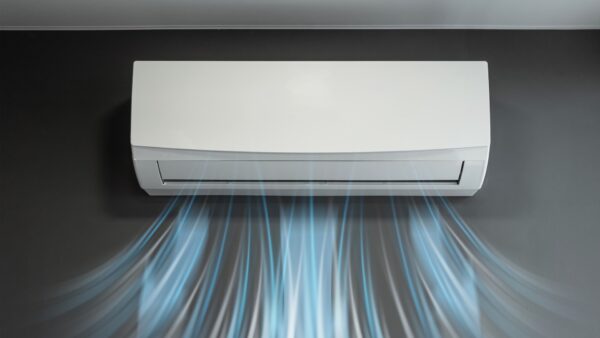Pest control is an essential service that deals with the management and eradication of various pests that can cause damage and pose health risks to humans and animals. One of the most common pests that require pest control services is rats. Rats are known to spread diseases, cause damage to property, and contaminate food. In this article, we will discuss how pest control companies, especially in Sydney, get rid of rats.
- Inspection and Identification
The first step in rat pest control is inspection and identification. Pest control professionals will examine the premises to identify the species of rat and the extent of the infestation. This is important because different species of rats have different habits and behaviours, and the severity of the infestation will determine the best course of action.
- Baiting and Trapping
Once the inspection and identification are done, the pest control experts will determine the best approach to deal with the infestation. One common method used is baiting and trapping. Baiting involves using food as a lure to attract rats, which will then eat the bait and die. Trapping, on the other hand, involves using a trap to catch rats alive, which can then be removed from the premises.
In Sydney, pest control companies use different types of baits and traps, depending on the severity of the infestation and the species of rats. Some of the commonly used baits include poisoned bait, non-toxic bait, and glue traps. Poisoned bait is usually effective in killing rats quickly, while non-toxic bait is used in areas where there is a risk of poisoning other animals. Glue traps are used to trap rats alive, but they can be inhumane if not monitored properly.
- Exclusion and Seal-Up
Baiting and trapping are effective in controlling rats, but they are not a long-term solution. To prevent rats from returning, pest control experts will also conduct exclusion and seal-up measures. This involves identifying and sealing up all entry points that rats use to gain access to the premises.
In Sydney, pest control companies will inspect the premises thoroughly to identify any cracks, holes, or gaps that rats can use to enter the premises. They will then seal up these entry points using materials such as steel wool, wire mesh, and caulk. This prevents rats from entering the premises and reduces the likelihood of re-infestation.
- Habitat Modification
Rats thrive in environments where there is easy access to food, water, and shelter. As part of the rat pest control process, pest control professionals in Sydney will also conduct habitat modification to eliminate these resources and make the premises less attractive to rats.
This involves removing any food sources that rats can access, such as garbage or pet food. Pest control experts will also fix any leaky pipes or standing water that can provide rats with a source of water. In addition, they may recommend trimming trees or bushes that provide rats with shelter or cover.
- Fumigation
Fumigation is a last resort method used in extreme cases of rat infestation. It involves using toxic gases to kill rats and their offspring in a sealed environment. Fumigation is a highly specialized process that requires a licensed pest control professional.
In Sydney, pest control companies use fumigation as a last resort when all other methods have failed. It is only used in extreme cases where the infestation is widespread and cannot be controlled using other methods.
Effective Rat Control Requires Multiple Approaches
Rats are a common pest that can cause a lot of damage and pose health risks to humans and animals. Pest control companies in Sydney offer a range of services to deal with rat infestations, including inspection and identification, baiting and trapping, exclusion and seal-up, habitat modification, and fumigation. These methods are effective in controlling rats and preventing re-infestation.





